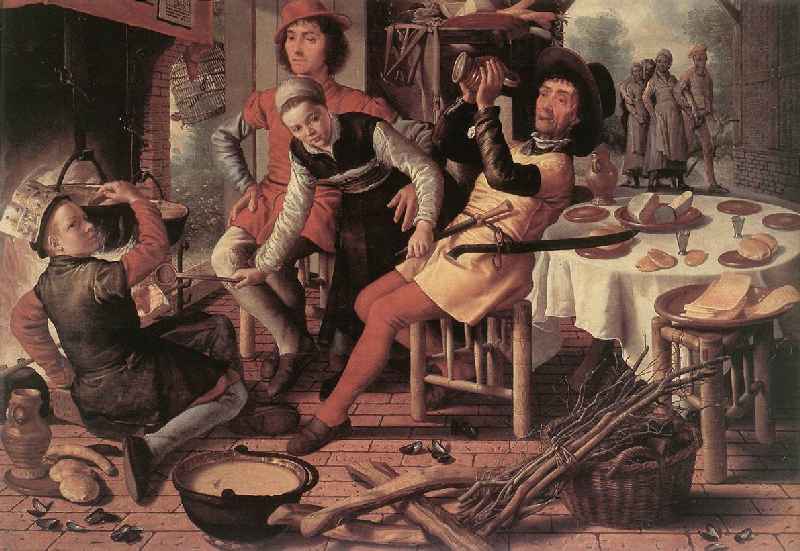
2. Happiness |

1. What is happiness?
Currently all men aspire to be happy in an almost obsessive way, following the mirage of the welfare society. However, data are increasingly negative due to increase in suicide, separation, divorce and mental illness caused by the existential vacuum. Many people seek happiness in sex, drugs, pleasure and material goods possessions. But happiness is not there.
There is a clear paradox in the conquest of happiness: The more men are striving to achieve it, the more it seems to get away from their hands and become a nostalgic term always unsatisfied.
We can distinguish between the foundation-origin of that feeling and the effect-happiness.
If a man seeks directly the effect-happiness does not ever get it, because first he has to hope the foundation-origin. For many authors the foundation of happiness is the development of our faculties or personal perfection. It also means to help and serve other people, ensure that others are ok. The effect-happiness (the pleasure and joy) is a subjective consequence of the perfection conquered.
The foundation of happiness consists in the perfection of the operational faculties when the man gets goods or particular purposes, for example, understand a truth or perform a well done job. The effect-happiness or joy is a consequence of the previous conquest.
For Aristotle, the happiness is not in the ephemeral (the sensitive pleasures, things) but in the "good life" (the honest life according to the virtue). For this author the happiness is to live and act well.
(Painting: Campesinos en el hogar. AERTSEN, Pieter. Museo Mayer der Beregh. Antwerp. Países Bajos)